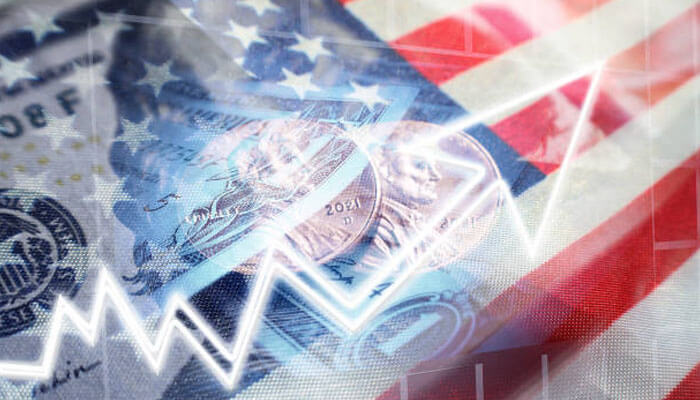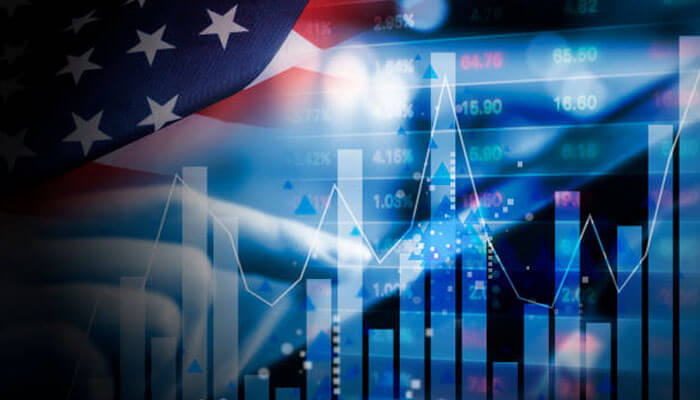The chairman of the US central bank has issued a warning that policymakers may hike interest rates more quickly and significantly than initially anticipated in an effort to stabilize the market.
Following the comments, which came just a few weeks before the bank is scheduled to make another rate statement, US markets plummeted and the dollar increased.
Many analysts had anticipated an additional 0.25 percentage point rise.
But, the statements imply that the bank could act more forcefully.
The Fed increased its benchmark rate over the past year to above 4.5%, the highest level since 2007, in response to prices rising at the quickest rate in decades.
The US’s rate of inflation, which measures how quickly prices rise, was 6.4% in January.
Mr. Powell said authorities have been concerned by recent data suggesting that momentum may be stagnating. While that is lower than it once was, it nevertheless stays far greater than the 2% rate considered normal.
That, he claimed, might force the bank to increase rates above the 5% to 5.5% that officials had predicted in December.
One strategy to moderate price increases across the economy is to increase borrowing costs.
“The latest economic statistics have come in better than anticipated, which indicates that the final interest rate level is probably going to be greater than originally expected,” Mr. Powell said as much in Congress on the first of 2 days of hearing on the market.
He continued, “We would be ready to raise the pace of rate hikes if the sum of the data were to indicate that faster tightening is needed.
The remarks drew some criticism from parliamentarians, particularly those on the left.
They said that the actions would result in an economic downturn that would put millions of individuals without jobs while doing little to tackle the sources of the economic shock, such as the conflict in Ukraine and distribution network issues.
Senator Elizabeth Warren, a Democrat from Massachusetts, said, “You are playing with people’s lives.” She also attributed the inflation issue to price-gouging by businesses.
If the bank did nothing, according to Mr. Powell, the economy would be in far worse trouble.
The surprise 0.5% increase in US prices from December to January was accompanied by stronger-than-anticipated monthly statistics on retail trade and employment.
Officials of the Federal Reserve intend to chill the economy and relieve pressures driving up prices by increasing borrowing costs in an effort to decrease the need for financing for houses, company expansions, and other expenditures.
The actions have already precipitated significant slowdowns in the housing market and other rate-sensitive sectors of the economy.
Mr. Powell stated that officials will carefully review incoming data before making a decision.
According to Andrew Hunter, deputy chief US economist for Capital Economics, “the result is that not just are mortgage rates set to rise higher than we initially expected, yet there is a lot less potential for rate cuts afterward this year compared to we had initially assumed.” Hunter’s note was published after the testimony.
Afternoon or evening trading in New York saw a 1.6% decline in the Dow Jones Industrial Average, a 1.4% decline in the S&P 500, and a 1% decline in the Nasdaq.




